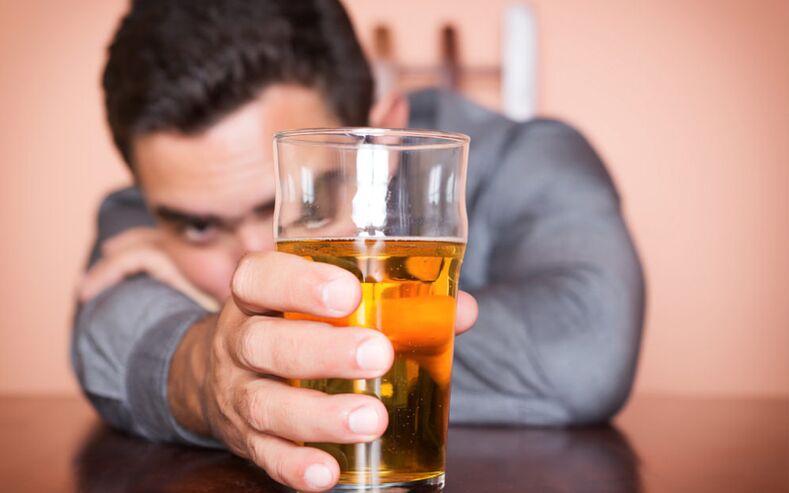
signs of alcoholism
- Anything happy or sad is a reason to drink;
- increasing demand for alcoholic beverages;
- Increased dose required for intoxication;
- Memory loss after drinking alcohol;
- The protective gag reflex that previously protected the body from poisoning is lost;
- Withdrawal syndrome occurs - healthy people do not feel the urge to have a hangover after a feast.
Dangers of Alcohol

How can you help an alcoholic recognize this problem?
- How harmful is drinking to him?
- how his drunken lifestyle negatively impacted his family and work;
- how health deteriorates due to ongoing intoxication;
- What happens if you don't stop ethanol poisoning your body.
How to help an alcoholic overcome alcoholism?
How to help an alcoholic?

How to help an alcoholic in your family?
- Drink plenty of water – at least 2. 5 liters per day;
- Add ascorbic acid or vitamin C-rich fruits to your diet;
- Arrange for the uptake of adsorbents, such as activated carbon or silicone-based preparations;
- Give the patient a simple sedative - valerian, sedative drops;
- Provide a gentle diet rich in vegetables, grains and protein.































